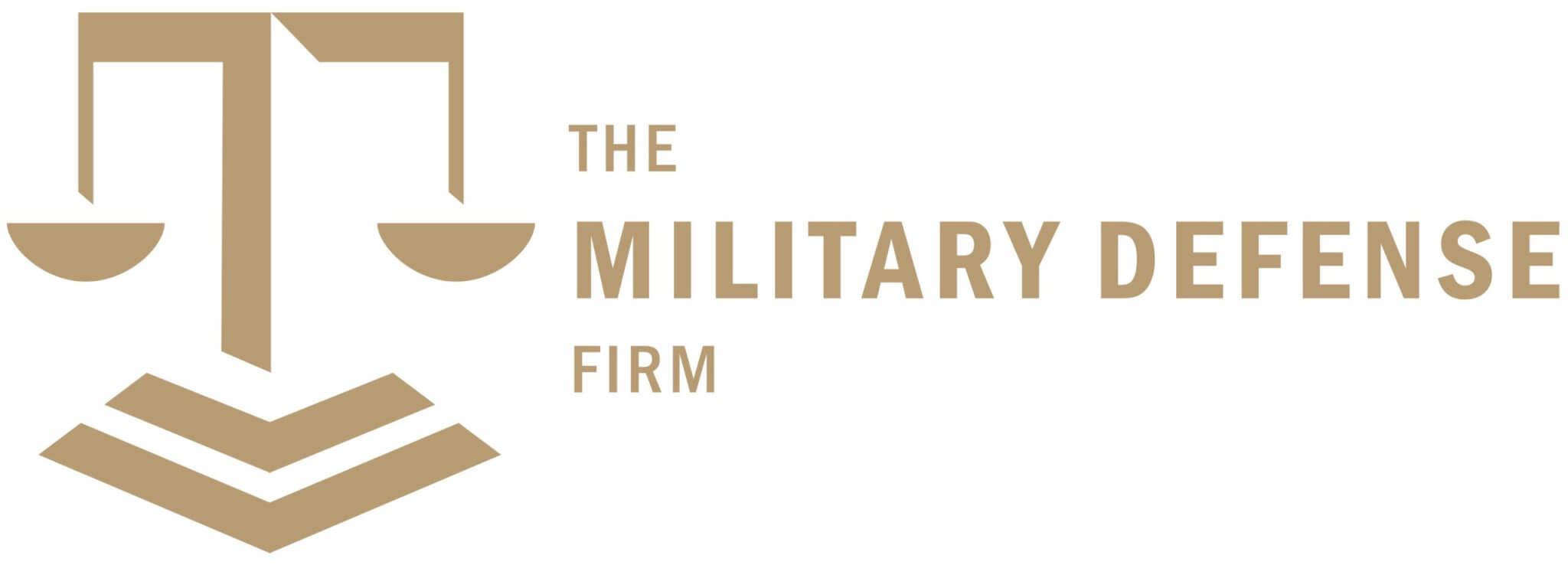An Honorable Discharge is the highest and most favorable type of military discharge a service member can receive. Whether in the Air Force, Army, Coast Guard, Marine Corps, Navy, or Space Force, an Honorable service characterization signifies that the service member met or exceeded the military’s required standards of duty performance, conduct, and integrity throughout their service. Receiving an Honorable Discharge can have a lasting impact on a veteran’s eligibility for VA benefits, employment opportunities, and reenlistment options.
This article explains the significance of an Honorable Discharge, how it differs from other types of discharges, and how service members can protect their military record.

What Is an Honorable Discharge?
An Honorable Discharge is awarded to members of the armed forces who have fulfilled their military obligations with outstanding or satisfactory performance and no significant disciplinary issues. Each branch of the U.S. military evaluates service members based on:
- Duty performance
- Adherence to military regulations
- Conduct and character
- Physical fitness and training standards
To receive an Honorable Discharge, a commissioned officer or enlisted service member must:
- Complete their service contract or be discharged early for a valid reason, such as medical discharge or force reduction.
- Maintain good conduct with no major disciplinary infractions, criminal offenses, or violations of military law.
- Meet or exceed performance expectations in assigned duties, training, and physical fitness.
An Honorable Discharge is the most desirable characterization of service because it provides the full range of military and veterans’ benefits and reflects positively on a service member’s military career and civilian employment. Having an Honorable on your DD Form 214 is truly a sign of your positive discharge status and your outstanding service to the country.
How an Honorable Discharge Compares to Other Administrative Discharges
The military uses different discharge classifications based on performance and conduct. While an Honorable Discharge is the most favorable, service members may receive other administrative discharges, including:
General Discharge (Under Honorable Conditions)
A General Discharge is given when a service member’s performance and conduct are satisfactory but do not meet the high standards required for an Honorable Discharge.
Common Reasons for a General Discharge:
- Minor disciplinary infractions
- Failure to meet fitness or performance standards
- Patterns of minor misconduct
Key Differences from an Honorable Discharge:
- Service members lose eligibility for the GI Bill.
- VA benefits may be limited, depending on the reason for discharge.
- While acceptable to most civilian employers, it may limit government job opportunities.
Other Than Honorable (OTH) Discharge
An Other Than Honorable Discharge, often known as an OTH or UOTHC, is issued for serious misconduct that does not warrant a court-martial conviction but is still considered unacceptable.
Common Reasons for an OTH Discharge:
- Drug use or security violations
- Repeated disciplinary infractions
- Serious misconduct without a court-martial
Key Differences from an Honorable Discharge:
- Most VA benefits, including the GI Bill and VA home loans, are lost.
- Employment challenges, especially in government or security-related jobs.
- Typically, bars reenlistment in the military.
Service members who believe they received an unjust General or OTH Discharge can request a discharge upgrade through the Discharge Review Board (DRB).
Honorable Discharge vs. Punitive Discharge
While Honorable Discharges and other administrative separations occur through military administrative channels, punitive discharges result from serious misconduct and require a court-martial conviction.
Bad Conduct Discharge (BCD)
A Bad Conduct Discharge (BCD) is issued as a punishment following a special court-martial or general court-martial. It is given for offenses such as:
- Drug abuse
- Theft
- Repeated misconduct
Consequences of a BCD:
- Loss of all VA benefits
- Difficulty finding civilian employment, especially in government roles
- Inability to reenlist in the military
Dishonorable Discharge
A Dishonorable Discharge is the most severe type of military discharge and is issued only after a general court-martial for the most serious offenses, including:
- Murder or sexual assault
- Espionage, treason, or desertion
- Violent crimes or severe misconduct under the Uniform Code of Military Justice (UCMJ)
Consequences of a Dishonorable Discharge:
- Complete loss of military and VA benefits
- Loss of certain civilian rights, such as firearm ownership
- Severe legal and employment consequences
Unlike an Honorable Discharge, which rewards good service, punitive discharges are considered criminal punishments and can significantly impact a person’s future.

Benefits of an Honorable Discharge
Receiving an Honorable Discharge provides significant advantages, including access to veterans’ benefits, civilian career opportunities, and continued military options.
1. Full VA Benefits
Veterans with an Honorable Discharge qualify for all benefits administered by the Department of Veterans Affairs, including:
- GI Bill for college and vocational training
- VA home loans with no down payment
- VA healthcare, including mental health and disability care
- Disability benefits, including monthly payment for service-connected disability
- Health care benefits, including access to VA facilities
- Education benefits for military vets
- Military pensions and burial benefits
2. Better Employment Opportunities
- Preference for federal jobs under the Veterans’ Preference program, including preference for civilian positions with the Department of Defense
- Eligibility for government contractor positions that require security clearance
- Advantage with private-sector employers who value military service
3. Reenlistment and Military Career Opportunities
- Eligible to reenlist in active duty, the National Guard, or Reserves
- May qualify for Officer Candidate School (OCS) or Warrant Officer programs
4. Veteran Support Programs
- State and local benefits such as tuition assistance and tax breaks
- Access to nonprofit veteran services, including employment and housing assistance
How to Ensure an Honorable Discharge
To maximize the chances of receiving an Honorable Discharge, service members should:
- Follow all military regulations and maintain good conduct.
- Perform duties at a high level and meet all training standards.
- Avoid disciplinary infractions, including unauthorized absences or misconduct.
- Seek support if facing personal or service-related challenges.
If a service member faces separation and believes they deserve an Honorable Discharge, they should seek legal counsel to challenge any unfair administrative separation.
Can an Honorable Discharge Be Upgraded?
Former service members who receive a less favorable discharge but believe it was unjust or incorrect can apply for a discharge upgrade.
Steps to Request a Discharge Upgrade:
- Gather evidence, including discharge certificates, service records, character references, and medical or legal documents.
- Submit an application (DD Form 293) to the Discharge Review Board (DRB).
- Attend a hearing, if required, to present the case.
- Await the board’s decision, which may take several months.
Legal representation can increase the likelihood of a successful discharge upgrade.
Need Help with a Military Discharge Matter? Contact Us Today
If you are facing separation from the military or need help upgrading your discharge, legal representation is essential. At The Military Defense Firm, we specialize in defending service members and veterans in discharge cases.
Schedule a free consultation today to discuss your case. Don’t let a discharge issue impact your future—get the legal support you deserve.


